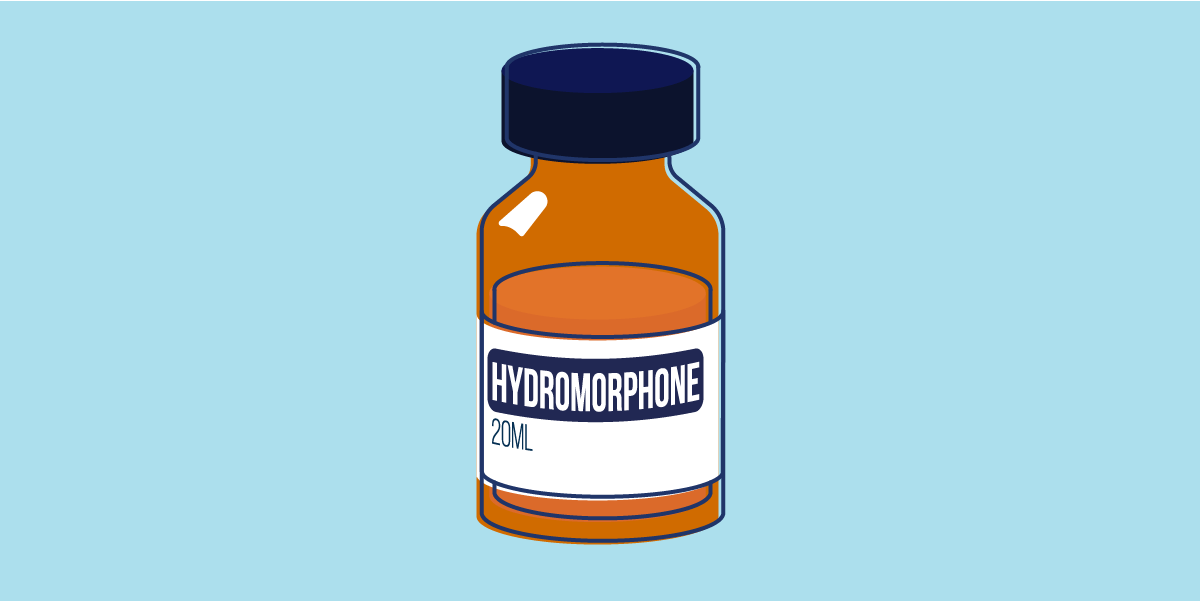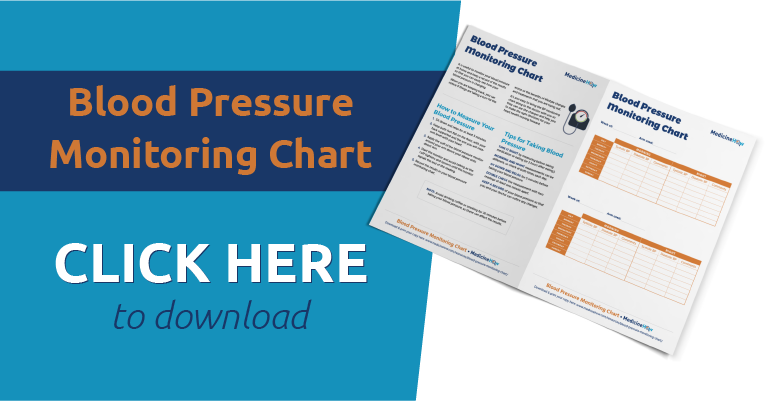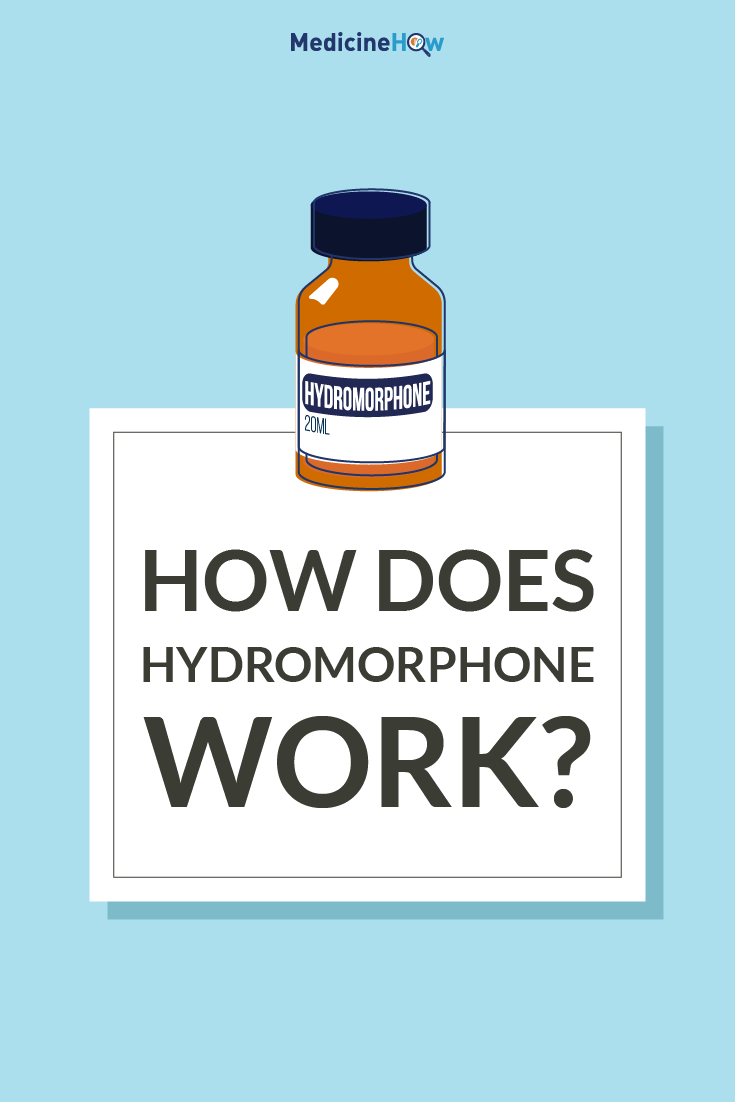
Hydrochlorothiazide is a type of drug called a thiazide diuretic, which works by blocking sodium from being reabsorbed from your urine and into your blood, leading to more sodium, water and potassium being secreted from your body. It also causes the muscles around the blood vessels throughout your body to relax, allowing the blood to pass through more easily and lowering the pressure of the blood. It can be used to treat hypertension and oedema in heart failure because of the way it works.
Brand Names and Doses
![]() Hydrochlorothiazide is the name of the active drug found in the medication – the generic name – but it’s also known by the brand name, Dithiazide. It is available is a 25 mg dose.
Hydrochlorothiazide is the name of the active drug found in the medication – the generic name – but it’s also known by the brand name, Dithiazide. It is available is a 25 mg dose.
Hydrochlorothiazide is also available in combination with another drug called triamterene, under the brand name Hydrene. This combination medication contains 25 mg of hydrochlorothiazide with 50 mg of triamterene.

What type of drug is it?
![]() Hydrochlorothiazide is a type of drug called a thiazide diuretic. Other medicines that are in the same class and work in a similar way are:
Hydrochlorothiazide is a type of drug called a thiazide diuretic. Other medicines that are in the same class and work in a similar way are:
Other diuretics that have a different mechanism of action are:
- Amiloride
- Triamterine
How does it work?
Hydrochlorothiazide changes the way your kidneys filter the blood to produce urine, leading to more fluid being excreted.
In a healthy person, the nephrons in the kidneys are responsible for making urine and excreting waste products from your body. They are constantly working to filter your blood and keep the balance in your body just right. As the blood travels through the nephrons, the “good” nutrients that your body needs are reabsorbed into your blood so that they can travel to where they are needed, eventually leaving the “unwanted” products that come out in your urine.
When you take hydrochlorothiazide, the reabsorption of sodium and chloride in the nephrons is blocked, so that more of these salts are excreted in your urine than usual. This also causes more water to be secreted because the water “follows” where the sodium is in the body to keep the balance right, as well as potassium salts.
Additionally, hydrochlorothiazide can have an effect on the muscles that surround you blood vessels throughout the body, causing them to relax. This means that the blood vessels have room to expand and allow more blood to pass through, which lowers the pressure of the blood.
Side Effects
![]() Hydrochlorothiazide has a range of effects on the body, and this can sometimes cause unwanted adverse effects. The most common and worrying effects are:
Hydrochlorothiazide has a range of effects on the body, and this can sometimes cause unwanted adverse effects. The most common and worrying effects are:
Low blood pressure (hypotension)
It is quite common for side effects to occur when hydrochlorothiazide is working too well and you end up with low blood pressure, making you feel dizzy and weak. This often happens when you first start taking the medication and usually gets better within a few days. If you find your blood pressure is still too low after a week, it is a good idea to check with a doctor that you are taking the right dose.
Salt Imbalances
Hydrochlorothiazide works by stopping the sodium and chloride salts in the urine from being reabsorbed back into the bloodstream and body. This affects the balance of salts in your body and can lead to problems. It’s not just sodium and chloride that are affected, but a range of different salts. You may experience:
- Low sodium levels (hyponatremia)
- Low potassium levels (hypokalemia)
- Low chlorine levels (hypochloremic alkalosis)
- Low magnesium levels (hypomagnesemia)
You can ask your doctor for a blood test to check that your salt levels are normal if you think this may be affecting you.
Other Effects
You may also notice a range of other effects, such as:
- Muscle cramps
- Frequent urination
- Abnormal glucose levels
For the complete list of side effects, you should see the medicine information leaflet inside your medication.
Cautions
![]() There are a couple of things you should be aware of before you start taking hydrochlorothiazide:
There are a couple of things you should be aware of before you start taking hydrochlorothiazide:
Gout – Hydrochlorothiazide can increase the risk of gout as it leads to higher concentration of uric acid in the bloodstream. If you are often affected by gout, an alternative medication may be a better choice.
Renal Impairment – If you have severe renal impairment, hydrochlorothiazide is not likely to be the best choice of drug for you. It is less effective and may cause harm, due to the way it works on the kidneys and renal function.
Stopping Suddenly – If you suddenly stop taking hydrochlorothiazide, you may end up with even higher blood pressure than in the beginning (called rebound hypertension) because your body has adapted to taking the drug each day. If you want to stop, it is best to gradually reduce the dose over a few weeks.
Drug Interactions
![]() When hydrochlorothiazide is used in combination with other drugs that help to lower blood pressure and manage hypertension, they can have an accumulative effect that can lead to blood pressure that is too low. There are also some other specific interactions:
When hydrochlorothiazide is used in combination with other drugs that help to lower blood pressure and manage hypertension, they can have an accumulative effect that can lead to blood pressure that is too low. There are also some other specific interactions:
ACE Inhibitors + Hydrochlorothiazide Interaction
In particular, ACE inhibitors and hydrochlorothiazide taken together is likely to cause low blood pressure, particularly for the first few doses. It is best to stop taking it for a few days if beginning to take a new ACE inhibitor drug.
Lithium + Hydrochlorothiazide Interaction
Hydrochlorothiazide can decrease the amount of lithium that is excreted from the body and increase the risk of side effects. This combination is not recommended unless the concentration can be closely monitored.
Loop Diuretic +Hydrochlorothiazide Interaction
Taking a loop diuretic drug with hydrochlorothiazide can increase the risk of renal impairment and upset the balance of salts in the blood. It should only be used in small doses.
NSAID + Hydrochlorothiazide Interaction
NSAIDs and hydrochlorothiazide should not be used together unless the blood pressure, renal function and weight is closely monitored and the dose adjusted according to the results.
Bil Acid Resins + Hydrochlorothiazide Interaction
Bile acid resins can decrease the absorption of hydrochlorothiazide and reduce its effect. To avoid this, take resin 1 hour before or at least 4 hours after the thiazide dose.

Pregnancy and Breastfeeding
![]() Hydrochlorothiazide should not be used by women who are pregnant or planning to become pregnant, as it may upset the balance of salts in the blood and cause harm to the baby.
Hydrochlorothiazide should not be used by women who are pregnant or planning to become pregnant, as it may upset the balance of salts in the blood and cause harm to the baby.
It can be taken while breastfeeding, but only in low doses as small amounts of the drug is excreted in breast milk and may affect your baby. It also may reduce milk supply, although this is unlikely.
Pin it!


